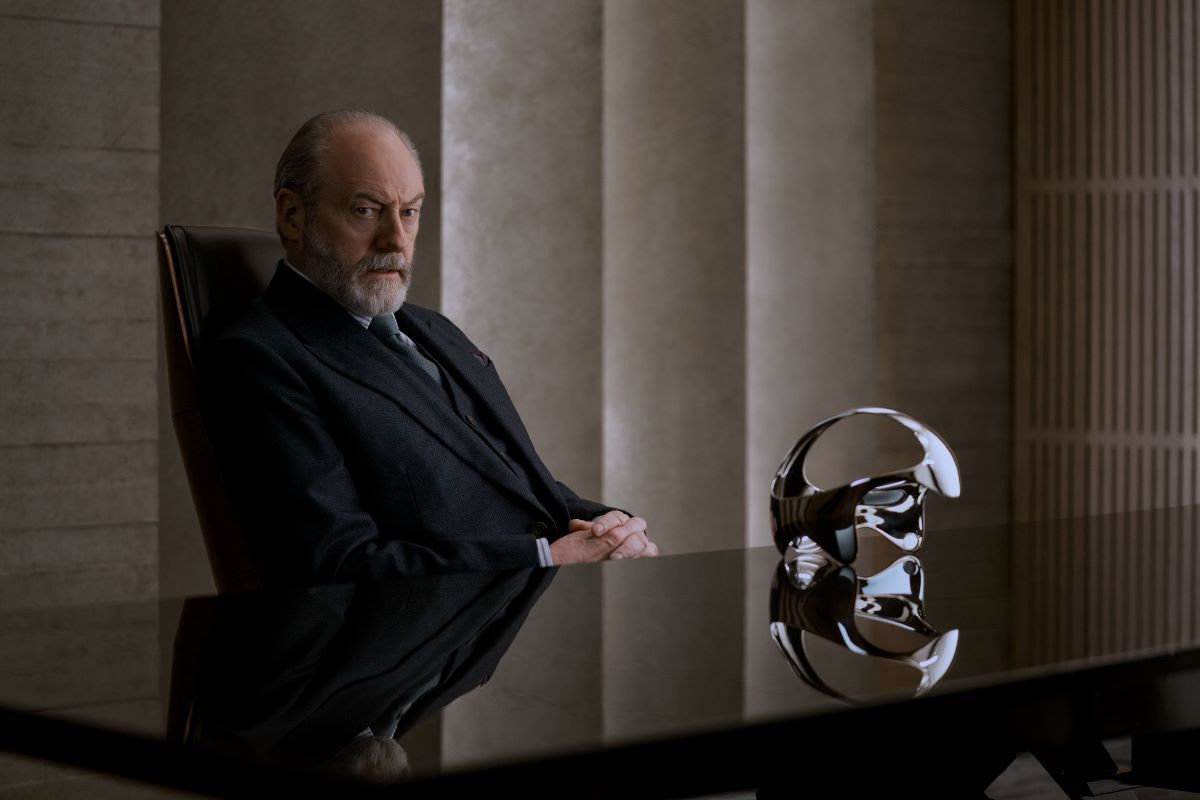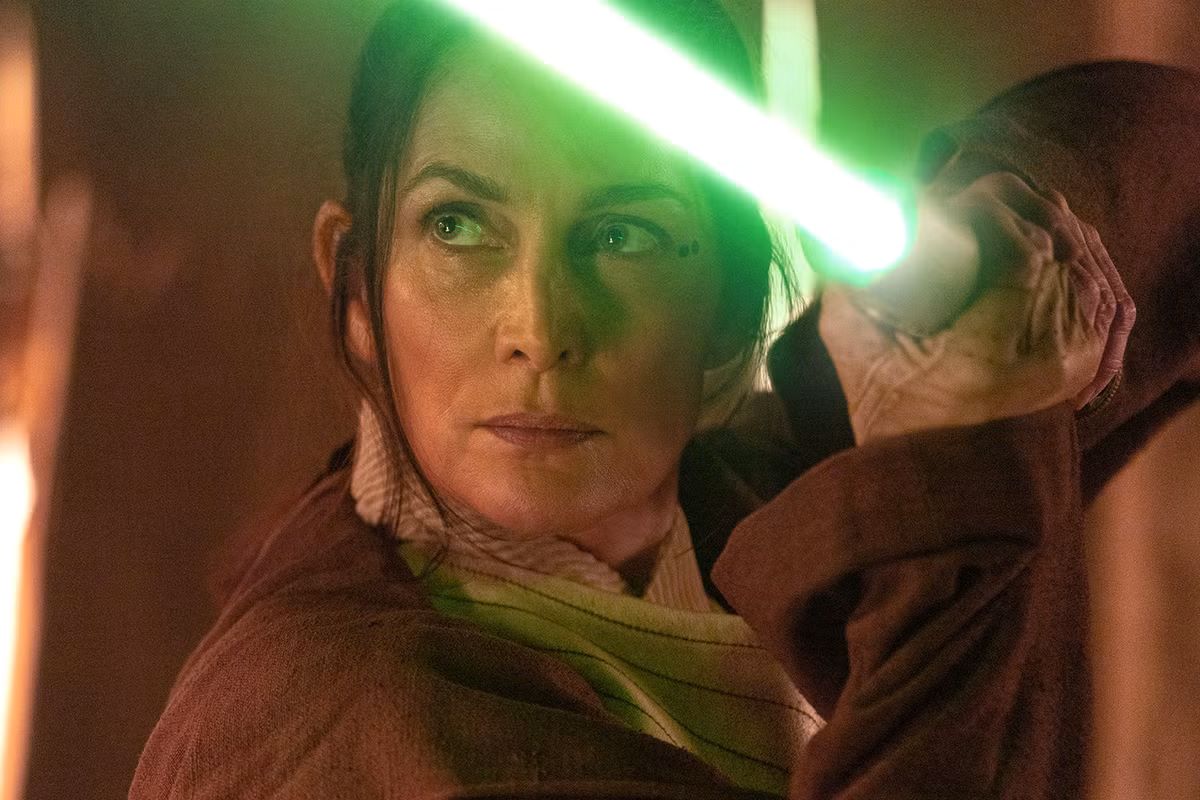3 Body Problem
The return of David Benioff and D.B. Weiss (Game of Thrones) to an ambitious and spectacular saga, but also somewhat flat and confusing. On Netflix
Physics, once again. For those of us who chose the inner gratification of humanities studies to escape the judgment of numbers, formulas, and equations, it’s a nemesis. If it’s not a PhD that’s needed, at least keeping a Rovelli for beginners on the nightstand is a must. Nowadays, to read a book, watch a movie, or binge-watch a series, you must at least be acquainted with the basics of quantum physics, the laws of gravity, the theory of relativity, and the order of time. It wasn’t enough with Nolan, a physicist turned filmmaker, even Liliana Cavani has joined in. Not to mention the final diptych by Cormac McCarthy – The Passenger and Stella Maris – which perhaps require a bit more than just a cursory knowledge of Einstein. No, Netflix has joined the fray too. First Dark, which at least was a German series acquired by the streaming giant. Now 3 Body Problem, which is 100% Netflix. But it’s also a bit HBO. Yes, because the producers of this mega show for the small screen are David Benioff and D.B. Weiss, a.k.a. the producers of perhaps the most popular and debated series in history: Game of Thrones.
A return in grand style, in terms of budget and ambitions, accompanied by some familiar faces from Game of Thrones like Liam Cunningham (who was Davos Seaworth in GoT) and Jack Rooney (John Bradley in GoT). In this case, too, the series is an adaptation of a successful saga: George R.R. Martin’s fantasy epic for Game of Thrones, and Liu Cixin’s eponymous sci-fi trilogy for 3 Body Problem. The difference is that Martin hadn’t finished his books, and this was particularly evident in the last controversial seasons of Game of Thrones; Liu Cixin had, even if this completeness isn’t entirely evident in the outcomes of this first adaptation. Eight episodes, very fast-paced and too compressed compared to Liu Cixin’s prose, which is rapid yet more expansive (and he has approved the script, unlike the much more faithful 3 Body Chinese production that was broadcast on Peacock last year. However, the writer wasn’t really involved there). A “westernized” version not only because it moves the action from the People’s Republic of China to cosmopolitan London but also in the storytelling approach and dialogue stitching, under the inescapable imperative to streamline and simplify. Which normally results in cluttering and even less understanding. And indeed, if the literary trilogy requires a fair analytical effort and familiarity with scientific Wikipedia, the Netflix counterpart demands above all credulity.
But what is 3 Body Problem about? It deals with imminent catastrophes, invasions, scientists dying mysteriously, and a game with an attached visor that catapults the player into distant worlds and eras, in which, however, the real future is at stake. Forgive the vagueness, but more would be spoilers. It suffices to know that the universe of the 3 Bodies (which are the three enigmatic Suns that determine the fate of the planet) is a good compendium of contemporary science fiction, between multiverse architectures and environmental apocalypses.
And then, as in GoT, it shifts from one continent to another, from one era to another, and in the end, the outsiders arrive. Yet, despite the generous allocation of funds to enhance the spectacle, there’s something in 3 Body Problem that doesn’t work. It probably has to do with the lack of charisma of the characters and, therefore, with the television version’s inability to replace the speculative and deterministic apparatus of the original literary work with something more fascinating.
And now, to physics. The appeal of Liu Cixin’s work lies in the provocation that paves the way for the story: the laws of physics don’t work. Everything science has learned and taught over the last century is contradicted by a universe anomaly. The path of the literary saga is then to reaffirm the validity of physics. To test it to prove its effectiveness. Essentially, to reassure us.
In the Netflix show, reassurance is not functional to this spirit of the times, to this deep need to find an order of the world, even a harmony, in the mixture of physics and metaphysics that is generating so much success in the cultural industry. No, here reassuring equates to not disorienting, to providing the already known, balancing action, special effects, and sentimentality. A conspicuous and perpetual motion within the circuit of Boredom.
Gianluca Arnone
Cinematografo, March 22, 2024





